
Jamaica’s two political leaders urged to support the call
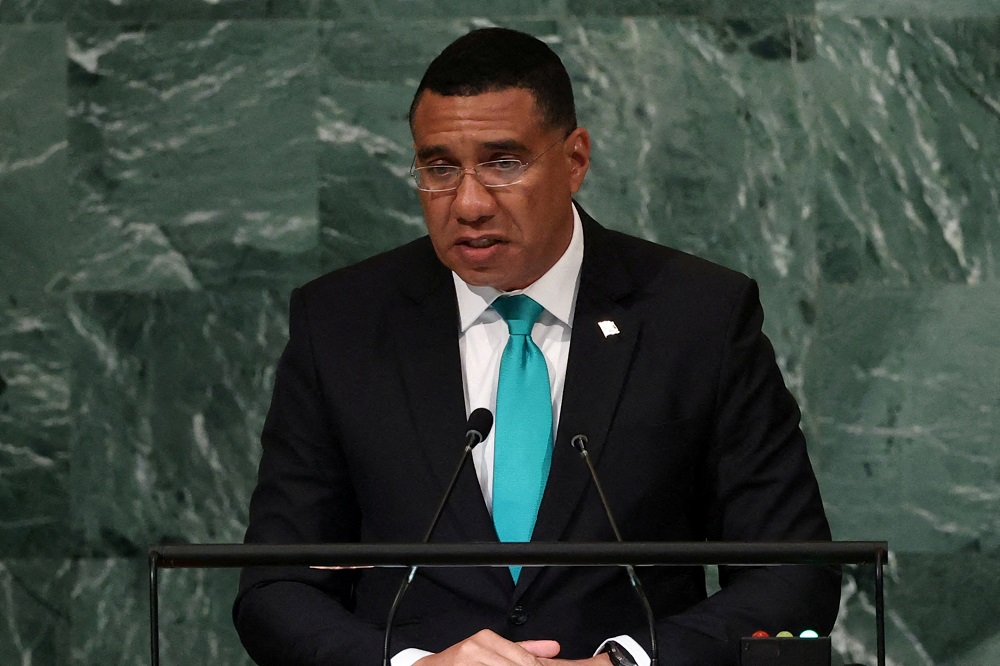
Durrant Pate/Contributor
A newly formed anti-corruption group is repeating its call for a People’s Commission of Enquiry into state corruption in Jamaica.
The group, People’s Anti-Corruption Movement, wants the prime minister and the leader of the opposition, as political leaders, to support the call for a People’s Commission of Enquiry into State Corruption.
In making the call, convenor of the group, Lloyd D’Aguilar, a social advocate and former talk-show host, argues that state corruption is deeply entrenched encouraging both leaders to support the call to prove that they oppose corruption.
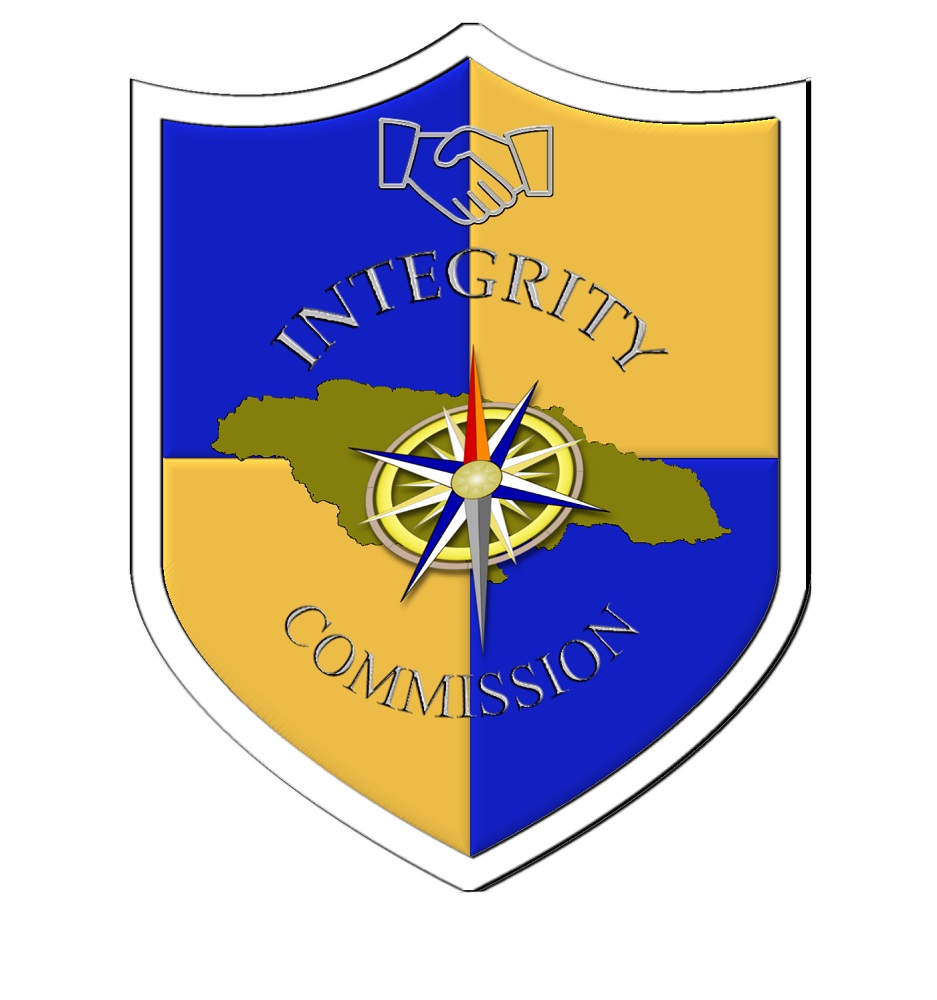
According to him, “if they refuse to support or respond to our request then it proves once again that they support impunity for state corruption”.
The anti-corruption group is planning a March 19 public meeting on state corruption making this the focus of discussion and a decision to be taken on the way forward in combating corruption in 2023.
Integrity Commission/ Prime Minister impasse
D’Aguilar weighs in on the recent impasse involving Prime Minister Andrew Holness and the Integrity Commission about the decision not to prosecute him, saying this is most indicative of the impunity process for state corruption.
He is criticising the media, contending “rather than focusing on the facts of the allegations against the prime minister, many commentators, newspaper editorials, etc, have chosen to expose their ideological connection to the political ruling class, by making a big issue about whether the prime minister was treated fairly by the Integrity Commission in releasing its investigative report and not also making it public, at the same time, that their prosecutor had decided that a case against him for corruption would not prevail in a court of law”.
D’Aguilar made the point that “politicians have to be held to a higher standard in terms of their integrity and accountability”.

He contends that the prime minister is generally suspect in terms of his wealth acquisition, real estate holdings, offshore company investment, non-reporting on his charity organisations, and always being late with his required financial statement declaration, which is currently an outstanding issue since the Integrity Commission has so far not been able to sign off on it”.
D’Aguilar went on to declare that “the Integrity Commission is legally protecting the prime minister by not giving any details about this stalemate, which the same commentators and newspaper editorials are not making an issue about”.
As such, the convener of the anti-corruption group argued: “It is therefore appropriate to say that whereas it is possible for the prime minister and other politicians like him to exploit the legal and political loopholes in the various laws and regulations, a People’s Commission of Enquiry into State Corruption would be far more probative of corruption suspects and be able ask direct and appropriate questions. The people will serve as judge, jury and executioner.”

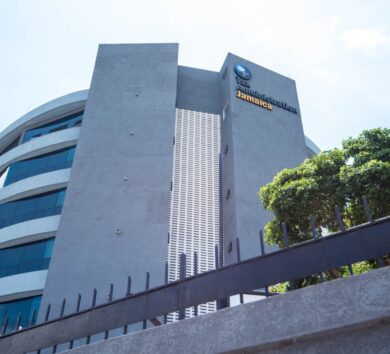
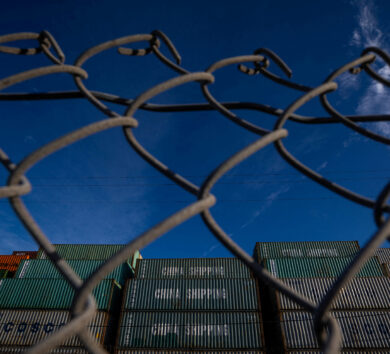

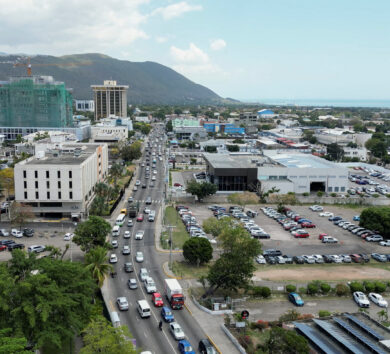
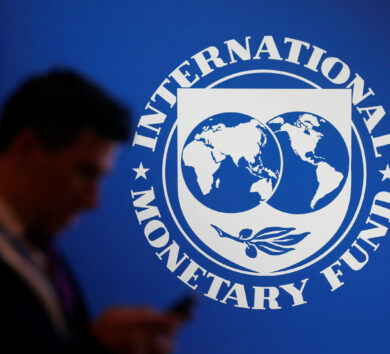

Comments